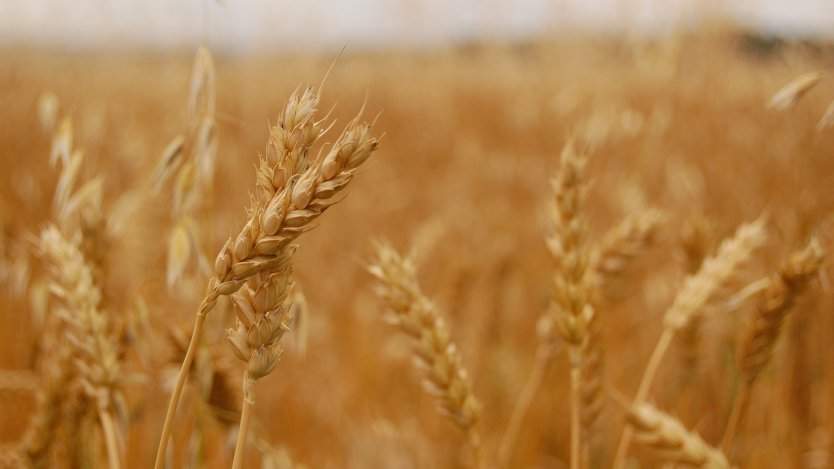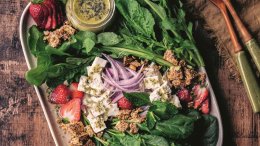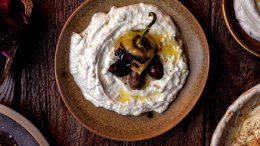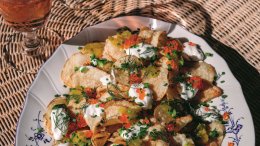It was just over a decade ago when celiac disease was thought to be a rare condition, and the occasional gluten-free product could be found in Europe, where the condition was most prevalent. Nowadays, it seems like everybody knows somebody who has gone “g-free”. Grocery store shelves are lined with products emblazoned with “Gluten-free!” labels, and restaurants are jumping on the bandwagon, offering gluten-free menus and dishes.
The popularity of gluten-free has been a boon to people with celiac disease. No longer are they relegated to subsisting on a diet of rice and potatoes, or stuck with eating a plain side salad when dining out. There are enough products, recipes, blogs and menu items to make it easy for anyone to say bye-bye to gluten. So how is this trend not helping celiac sufferers?
For people with celiac, even the tiniest amount of gluten can lead to gastrointestinal (GI) symptoms like gas, bloating and diarrhea. Due to the autoimmune nature of the disease, many also develop a skin condition called dermatitis herpetiformis. Some are, luckily, mostly asymptomatic, but because the disease affects the villi of the intestine (finger-like extensions that increase the surface area of the gut), they may be silently malabsorbing nutrients, increasing their risk of anemia and osteoporosis.
However, most people who eat a gluten-free diet do not have celiac disease. Some have non-celiac gluten intolerance (about six per cent of the total population), but even more eliminate gluten with hopes of eliminating their “wheat belly”, or simply because they “feel better” without it.
As a result, gluten restrictions aren’t taken very seriously. Someone once relayed a story about how she was dining at a small town café that specializes in organic and natural foods. While there were many allergy-friendly items on the menu, the server didn’t seem to know what gluten was and which items would be safe for her to eat.
“I had to tell her which foods were probably gluten-free,” L. said.
“How did you deal with the possibility of cross-contamination?” I asked, “I would be worried that if the server didn’t know what was GF, that they wouldn’t be taking the proper precautions!”
“I try not to worry too much about cross-contamination. It’s enough to make a person go mad,” she said. “I just do the best I can to explain my allergies, and leave the rest up to the universe.”
Keeping your sanity may be important, but for people with celiac disease, it’s not as simple as hoping that wheat flour was not added to the buckwheat crepes. They can react to toast that’s been made in the same toaster as conventional bread, or fries made in the same fryer as breaded appetizers. In other words, although the recipe is gluten-free, the food might not be. But since no one cares to ask the right questions, there is false sense of security for people with celiac. While they may be gushing about how much “better” things are now that they can go out with friends and have options available to them, they may actually be hurting themselves and making it increasingly difficult to get better.
Some restaurants have gone so far as to offer gluten-free items, but in fine print note that they’re not safe for people with “severe gluten allergies” because every other dish in the joint is filled with gluten. It’s great that they know their food isn’t truly gluten-free, but aren’t those “severely gluten-allergic” people who they were catering to in the first place? Are they trying to say that choosing gluten-free just because Miley Cyrus did is more important than a medical condition?
Whether you have celiac disease, or are avoiding gluten for whatever reason, do everyone a favour by educating others. Grocery shopping is fortunately easy as long as you stay away from the bulk bins, but when dining out, get tough on the servers and chefs to make sure there is no cross-contamination.
Now if we could only stop labelling obviously gluten-free things gluten-free…













